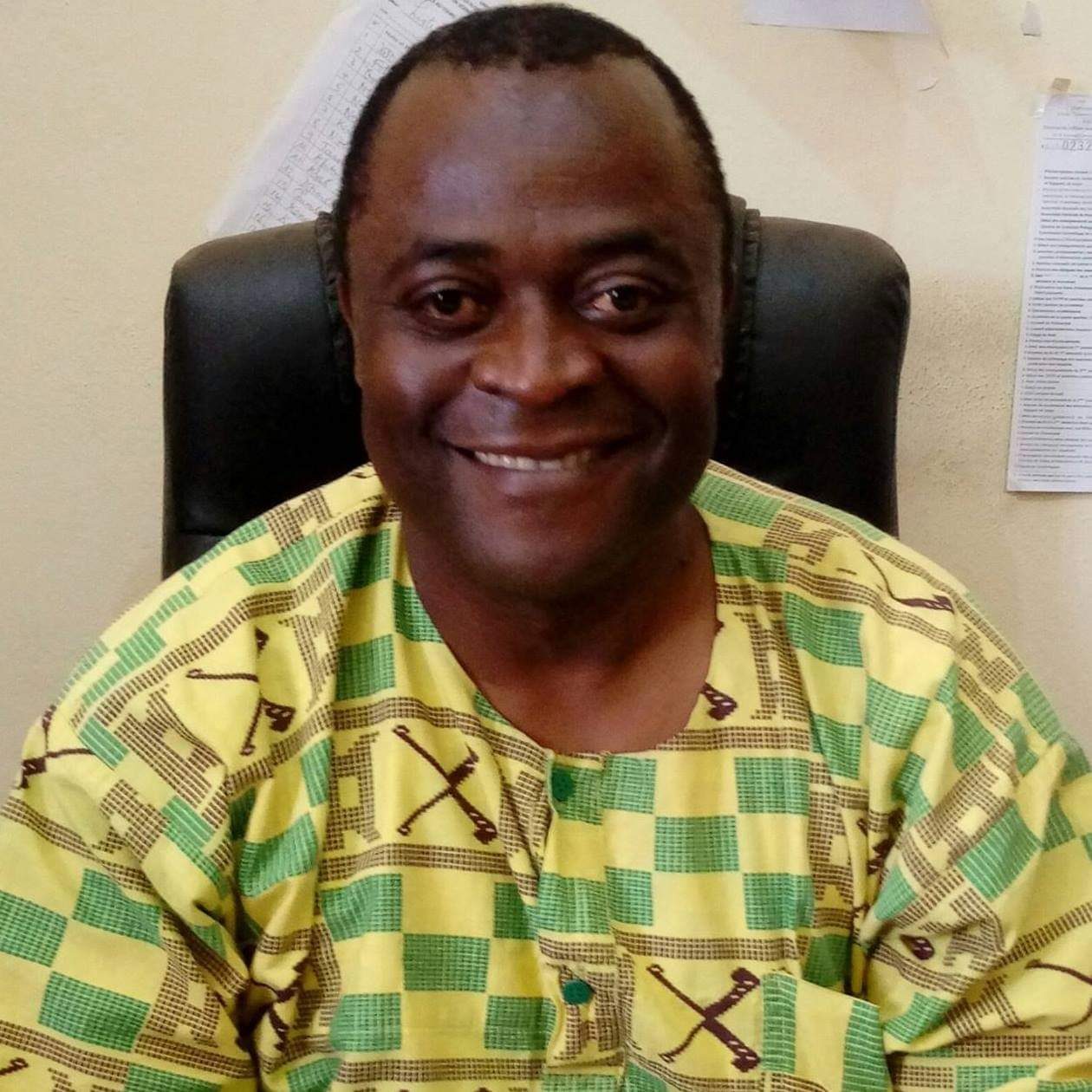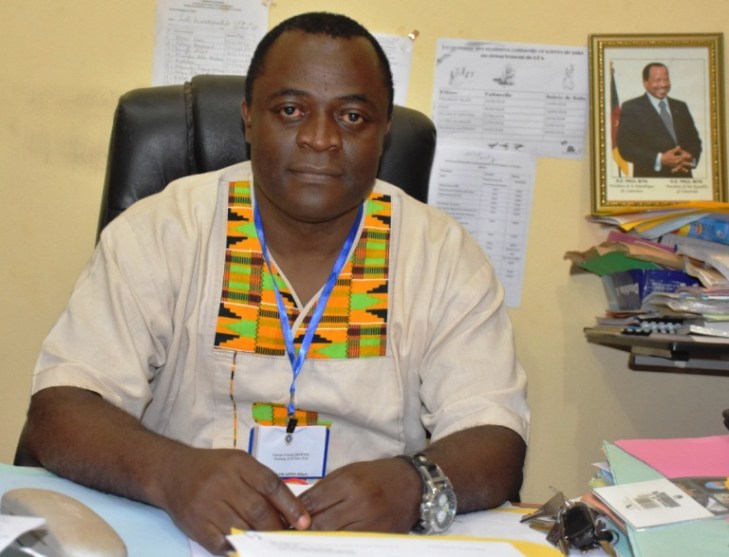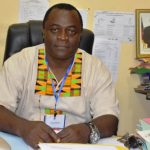This team will treat Memoirs Media and Inter culturality
Dschang, UDs / SIC-04/06 / 18.President of a young research team on the campus of Dschang University Prof. Albert Ngouaffo answers questions from the Information Service and Conferences.
SIC: Professor Albert GOUAFFO Hello, where did you get the idea of creating this project?
Pr.Albert Ngouaffo: Thank you first of all for the opportunity that you offer me to express myself first as head of department on the idea of setting up a center of study on the memory-the Media and interculturality. When I took over the LEA department three years ago, I realized that he was the poor relative. As a unit of education within a university, a department should balance all aspects of the missions assigned to the university institution. Until now, we did not have a laboratory. I took it in hand as one of the focal points the creation of the study center in Memory Media and Inter culturality. Prof. Fotsing preceded me with the ERLIC research team that I hailed, but I think we should not stop there. The idea of creating such a team does not date from today. It is the capitalization of personal research, collective pedagogical teachings. It started with the publication of a magazine called Mount Cameroon, an intercultural interdisciplinary journal. A thematic review devoted to Germanic, and which is also a general part open to other related disciplines that are; French, English. It’s since 2004.
SIC: Why did you choose the triptique? Memory-Media-Interculturality?
Prof. A.G: There is a personal reason and an institutional reason. The German studies as they were practiced until now had the function of deterritorializing the learner, to transform it. I had no ambition to lead an outside life. Hence the need to reflect on how learners of German studies can capitalize theories and use them on our own so that they can transform our own daily lives. and our research interests, the government’s expectations. It is also a question of showing how we can at our level contribute to the emergence of our country. We can not contribute to the emergence of Cameroon by encouraging more Cameroonians to be imitators from the outside, they must be autonomous subjects, critics capable of opposing themselves by posing in the international scene.
CIS: Who can be part of this research team?
Pr A.G: The research team is a multidisciplinary team since the stakes are transdisciplinary stakes. This is not just a matter of historians, the door is open to everyone. By putting English and French as languages of communication, I think anyone interested in research topics is welcome.
CIS: How will the team work; speaking of financial and didactic aspects?
Prof. A.G: Once the statutes are adopted, the rules of procedure will also be adopted. First of all, I see financial resources mainly in-house. That is to say that members’ memberships will be made every year. The rates will be fixed but I can also put my connections at stake, I will try to see how far to seek funding. Invite colleagues, who will come to enlighten us on questions that will interest us, organize study days, especially international conferences.
CIS: What are the short-term projects of the team?
Pr AG: given the Cameroonian news, there is a project that teases my mind, it is the collective memory, the multicultural identities, in Cameroon. We must revisit certain aspects of our culture, our history, our common past to better consider living together, to better consider doing it together. I think science at these levels is more concerned than ever for a practical contribution to this social concern.
Interview by fridolin Ngoué



Leave a Reply